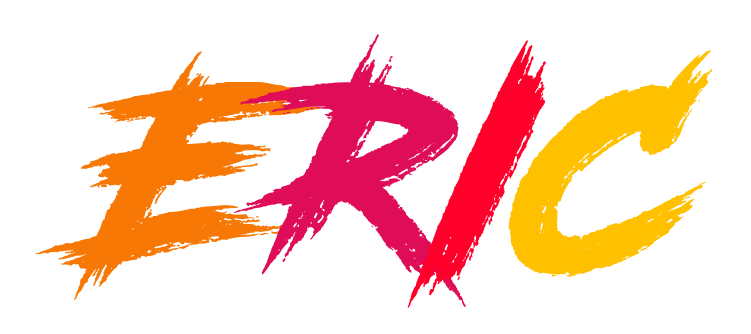
Writing & Journalism
Are you interested in telling stories? Do you like writing about topics or people that interest you? Do you enjoy making up stories? Or do you just love writing in any form?
Any form of storytelling is part of the Writing & Journalism sector.
If you think you’d be interested in reporting on national news, or providing specialisms in sectors like sports, politics, fashion or music, journalism might be right for you.
Whereas if you’re more interested in hooking people into brand stories, products and services through copy, the writing sector might be more your style.
The good news is that there are plenty of jobs in full-time employment throughout the writing & journalism industry - for example, a news researcher or brand copywriter - as well as freelance roles for those that are more independent - for example freelance reporter or scriptwriter.
Writing is (and always will be) an asset every business needs and every individual wants to be entertained by it.
-
The journalism sector is all around us, from magazines on the rack at the supermarket, to websites that bring us Buzzfeed quizzes and your monthly astrology insights.
-
The writing sector is all around us, with roles like copywriters and creative writers working hard behind the scenes to communicate stories and topics through written work. Every business needs a writer to communicate what they want to say and every story needs someone to write it down.
-
📥The raw number of advertised journalism jobs increased by 79% over the last three years; from February 2019 to last month.
💰The average salary on offer was £35,244 a year.
🗃 The number of UK journalists rose from 78,000 in 2018 to 96,000 in 2020(Office of National Statistics) - the highest figure ever recorded in the ONS’ Labour Force Survey(although it should be noted that these ONS figures have a wide margin of error because they are based on a sample).
🖊️ According to the Office for National Statistics (ONS), in 2019 81,000 people in the UK worked as a journalist or newspaper or periodical editor.
👀 The writing and journalism sector has changed dramatically in the last decade, with the rise of the internet, tech and social media interrupting the daily flow of newspaper circulations.
⚡️ Today's news is tomorrow's leftovers - there's always a rush to publish and to break the story before the other news company does. With news now being 24 hours and available through so many different mediums, journalists are under considerable pressure to break the major stories first.
📱 Journalists now rely on social networks to reach their audiences and build their personal brands and industry contact lists.
-
Reuteurs and Oxford University define 5 things everybody needs to know about the future of journalism:
📱 We have moved from a world where media organisations were gatekeepers, to a world where media still create the news agenda, but platform companies control access to audiences
👀 This move to digital media generally does not generate filter bubbles. Instead automated serendipity and incidental exposure drive people to more and more diverse sources of information
😢 Journalism is often losing the battle for people’s attention and in some countries for the public’s trust
🤯 The business models that fund news are challenged, weakening professional journalism and leaving news media more vulnerable to commercial and political pressures
🌏 News is more diverse than ever, and the best journalism in many cases better than ever, taking everyone from the most powerful politicians to the biggest private companies"
-
Like the sound of Writing & Journalism
Learn more on the ERIC app through our industry guides. When you’re ready to explore further, you can start browsing the Writing & Journalism section for opportunities, internships, events, courses and more!


